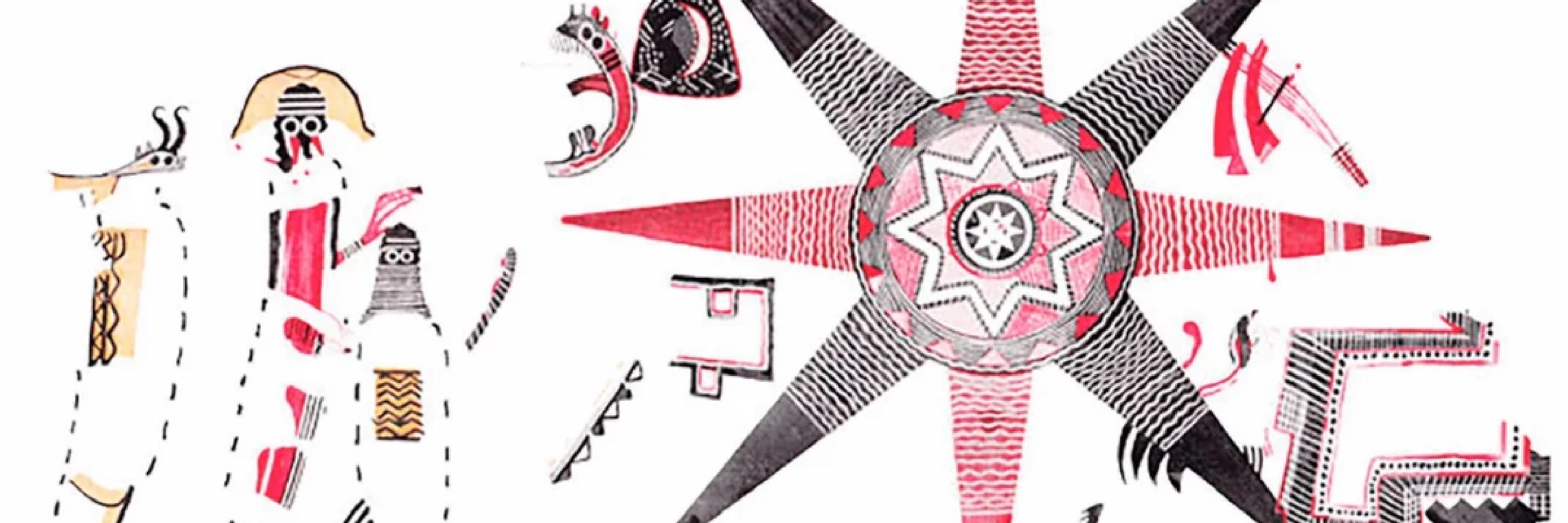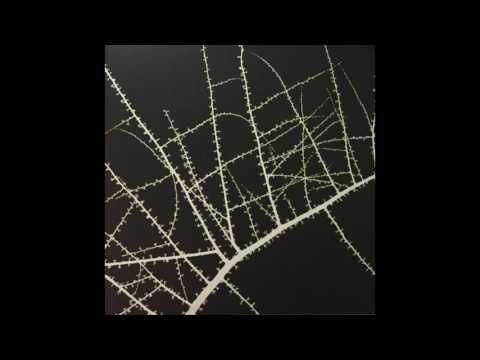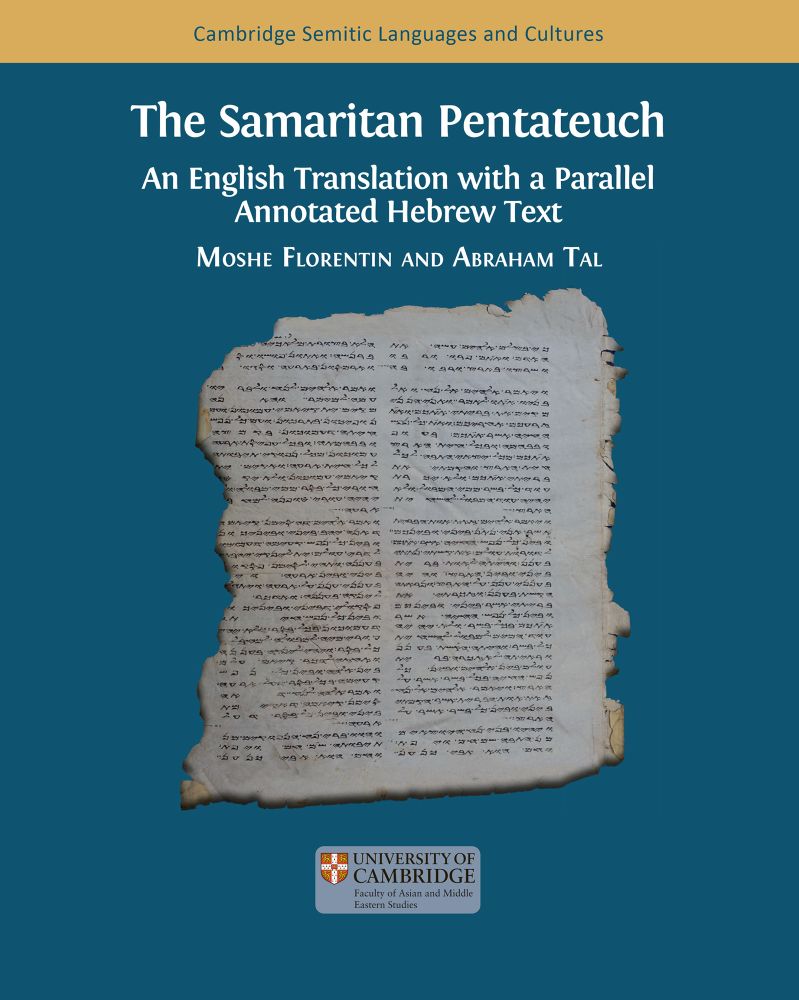
In line 2, he reads SYN GLDT W MQLZ GLDT WTQN MWSNT
"ŠYN the gld, son of MQLZ(?) the gld, son of ṬQN the mwsn"
Either anti-EU sentiment runs much deeper in the US than we think, or the Frank admin needs to ditch centrist consultants like Alcuin who haven’t won an election since the '90s.
(The 790s.) today.yougov.com/entertainmen...

youtu.be/i6449e2LsUI?...

youtu.be/i6449e2LsUI?...

This is the blueprint


a loan from Semitic *markab(a)t- (lit. "riding-place"; cf. Arabic rakiba "ride").
in the Akkadian cognate, the m..b dissimilate; so it's narkabtu(m)
it's one of my favorite wanderwörter; i have a pet theory that it somehow underlies Celtic *karbanto- "chariot"
![brkjowt (Crum 44b), 'chariot' = A I Jedf (Wb. II, 113, 4),
mrkbt, 'war chariot', from Semitic, cf. 79779; HINCKS, Transactions of the Roy. Irish Academy, 21, part II, p. 141 and pl. 1, no. 11 and 12 [1848, read in 1846].
CHABAS, Voyage, 129 [1866].](https://cdn.bsky.app/img/feed_thumbnail/plain/did:plc:26gfiesadzjgf44w2dv5yeo7/bafkreihv3yfdqpofgjbarc4bmb526lav6lwdwfhjp46tkwapfjeqcpxgia@jpeg)
a loan from Semitic *markab(a)t- (lit. "riding-place"; cf. Arabic rakiba "ride").
in the Akkadian cognate, the m..b dissimilate; so it's narkabtu(m)
it's one of my favorite wanderwörter; i have a pet theory that it somehow underlies Celtic *karbanto- "chariot"


